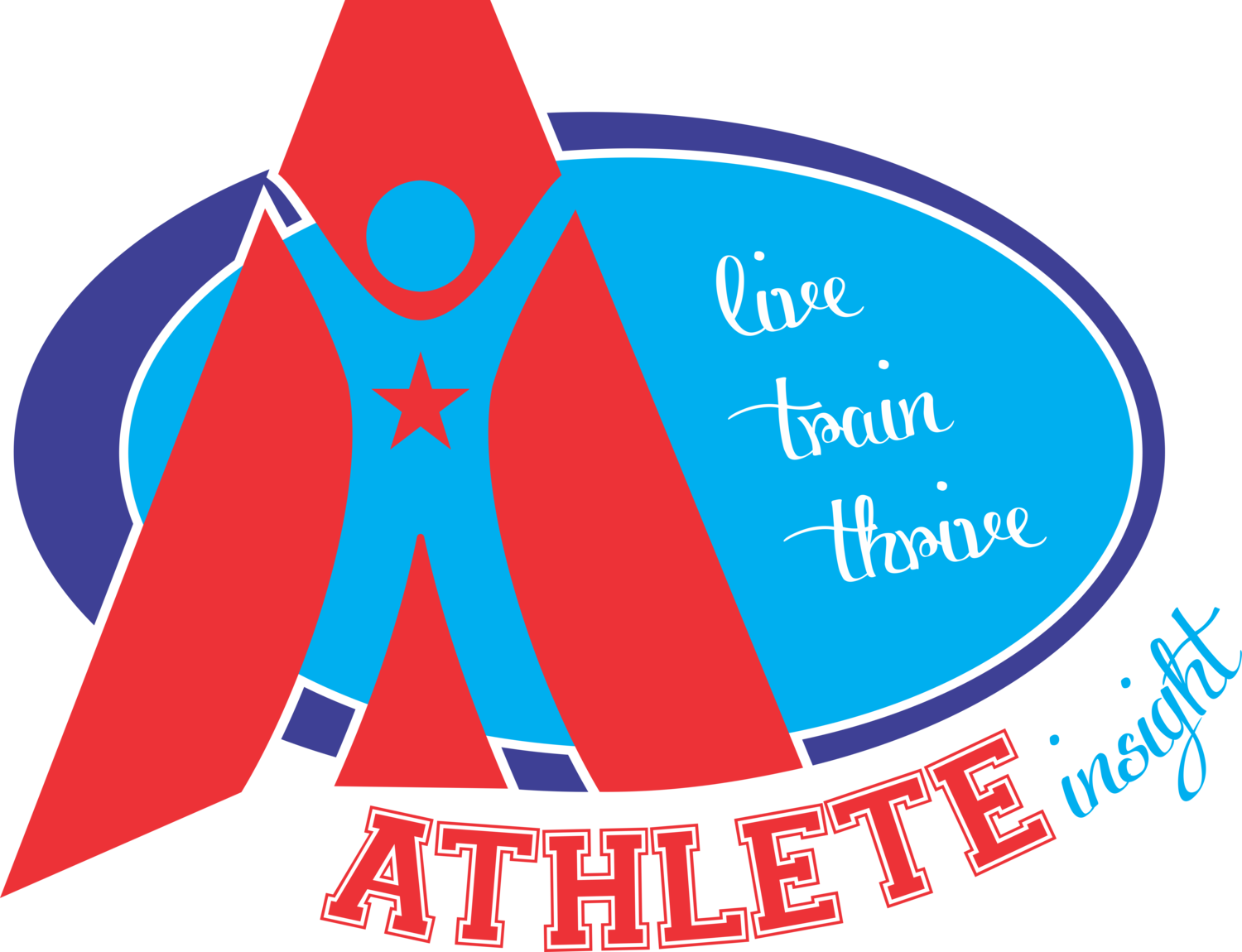By Kate Bennett, PsyD
I recently came across Brad Ludden’s interview “Every Athlete Dies Two Deaths.” A short film with a great message: Identify why sport makes you happy and find other ways to plug into that passion outside of sport. For Brad, it is adventure. He needs adventure in his life to feel fulfilled and found numerous other outlets for that desire as his professional kayaking career came to a close. While Brad’s title went from professional to former professional athlete, his sense of self remained strong.
What is it about sport that makes you thrive? How does sport bring you alive? Certainly, athletes are competitive by nature and likely have some drive to win. However, simply wanting to win does not counterbalance the sacrifice it takes to be your best in sport. Athleticism becomes a part of your identity because it satisfies a need and, hopefully, coincides with your personal values.
Knowing yourself and why you participate in sport, knowing what makes you show up on the hardest of training days, is a crucial element of developing a healthy athletic identity. Because, one day when your time in sport at the highest level is over, knowing who you are as a person and your core values will be critical in transitioning out of sport gracefully.
Athletes who leave competition successfully, who create new lives beyond their prime, have a healthy sense of self. They find new avenues for supporting their core values and engaging in their passions. These individuals may continue to be involved in sport but are comfortable in different roles (i.e. being a coach, physiotherapist, media relations manager, mechanic, team director, etc.).
Identifying as an athlete is fantastic: It serves as a solid foundation for healthy identity development and empowerment. The question becomes, when your athleticism fades and the days draw near to the end of your career, who are you then? Get to know yourself as a person. Develop athletic goals that support your personal values. Understand how you integrate your values into sport. How are they reflected in your athleticism?
While every athlete may die two deaths, that first death has the potential to be a graceful transition versus a depressing episode. Know who you are as an athlete and a person. Explore what makes you happy and be curious about your passion in sport. Awareness allows you to develop a strong sense of self, a healthy identity, and most importantly, a happy life.
Ask yourself: When that “first death” arrives (because it inevitably will), who will I become? And, more importantly, what else will satisfy me? What do I have to look forward to?
---
Note: In addition to Brad’s passion for adventure, he is also a strong advocate for young adult cancer survivors and founded First Descents, a fantastic resource for young people reinventing their lives as cancer survivors.


